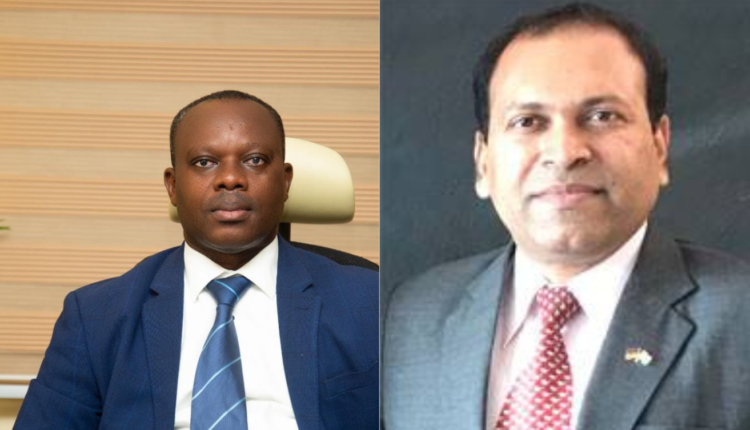A whopping ninety-eight Percent (98%) of all medical devices, disposables and equipment products used in Ghana are imported.
These include Medical Consumables, Diagnostic Imaging Equipment, Dental Devices, Orthopaedic products, prosthetics, and many more.
This is according to data from the Federation of Africa Medical Equipment, Disposables, and Devices, Manufacturers and Suppliers (FOAMEDDMS).
Speaking at a forum organized by the Pharmaceuticals Export Promotion Council of India (Pharmexcil), the Chief Executive Officer of the Federation of Africa Medical Equipment, Disposables, and Devices, Manufacturers and Suppliers (FOAMEDDMS) Mr. Anthony Ameka said medical devices constitute the largest product area, accounting for over 60% of all importations within the health sector.
He indicated that globally, the medical device industry is poised for steady growth, with global annual sales forecast to rise by over 5 percent a year and reach nearly US$800 billion by 2030
Mr. Ameka further called for rapid action from the government and other relevant partners to whip up local production of medical equipment, disposables, and devices.
“Availability of forex is key to this sector because about 98% of medical device products are imported into the country, Therefore, the sector requires over $65 million in FX annually,” he said.
He said, the consumable market of the medical devices sector is expected to expand by 2025 CAGR of 12.3% in local currency terms, which should see an increase to GHS225.2mn and USD33.6mn by 2025.
He added that the diagnostic imaging market is also expected to expand by a 2020-2025 CAGR of 11.8% in local currency terms to GHS136.7mn by 2025.
As the sector generates most of its revenues in Cedis, fluctuations in the exchange rate affect the cost of sales. Because of the key player’s exposure to volatility in the local currency to foreign currencies especially the dollar, the use of derivative hedging strategies and forward contracts are employed to minimize the effect of currency fluctuations.
The CEO of the Federation also used the opportunity to admonish Indian investors to boost investment in the medical consumables, equipment, and devices industry by partnering with local counterparts as Ghana has a strong growth prospect, fueled by the expansion of health infrastructures like government intention to increase health infrastructure under the Agenda 111 District and Regional Hospitals due to the aftermath of the coronavirus pandemic and a growing middle class. The sector requires over $65 million in FX annually,” he said.
The India – Ghana webinar cum B2B session was organized under the auspices of the Pharmaceuticals Export Promotion Council of India (Pharmexcil) and Indian High Commission in Ghana. Key stakeholders like the Indian High Commissioner to Ghana His Excellency Sugandh Rajaram, Director General of Pharmaceuticals Export Promotion Council of India (Pharmexcil) Ravi Udaya Bhaskar, the Director of Drug and Herbal Medicine Registration of the Ghana Food and Drugs Authority Dr. Samuel Asante Boateng and a Deputy of Procurement and Supplies of the Ghana Health Service Paul Gawu.
The forum also availed the opportunity for pharmaceutical and Healthcare industry players from both Ghana and India to build bonds with the ultimate aim of partnership for local production as well as importation.
Some of the participants expressed their gratitude to the organizers for the opportunity and pledged their support to continually support the health sector and its core mandate of serving the people of Ghana.


Comments are closed.